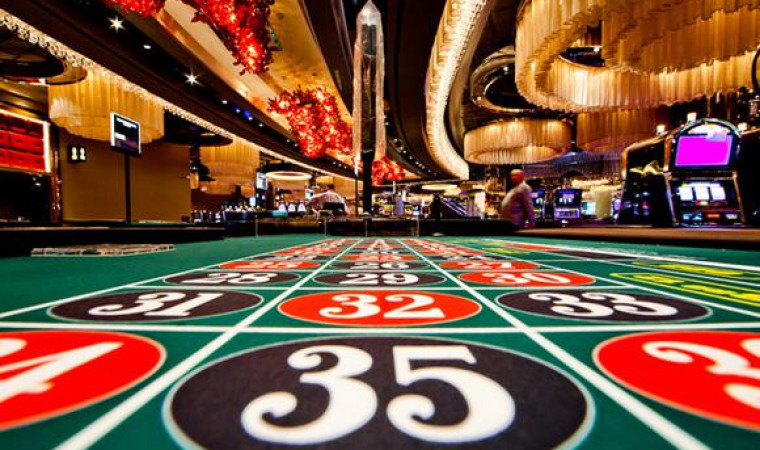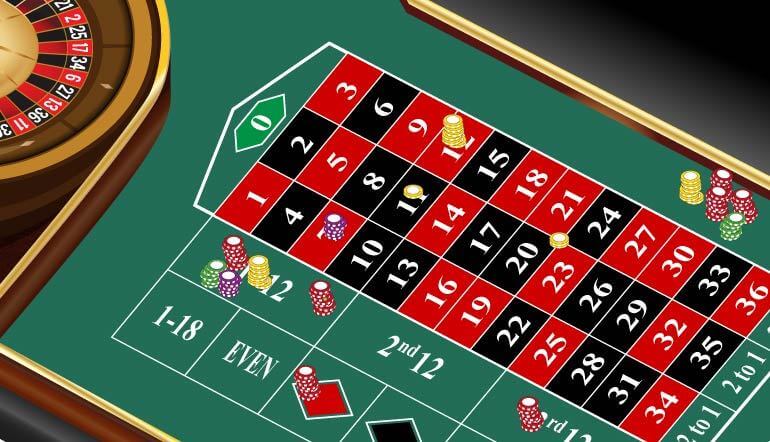Running Numbers Gambling
The people who worked for the numbers racket were called number runners. They collected the bets from the gamblers and delivered the payoff when the gamblers won. Sometimes, these number runners were said to be 'running numbers.' The winning numbers were often determined by the final digits of the winning payoff results of horse races. In the good-old-bad-old days before gambling boats, off-track betting and state-run lotteries, NUMBERS was a lottery type game for the masses and was run by organized crime. Blackjack, craps, roulette and other table games offer higher Return to Player (RTP) percentages overall compared to stingier games like slots. We Running Numbers Gambling outline these figures in this guide for our top-rated casinos to help you pick the best places to play games that land you more money.
10 Number Gambling Cards

Overview
Number Gambling Site


Running Numbers Gambling Winnings

As Vaz highlights, early urban gamblers favored low-stakes games built around combinations of winning numbers. When these games became one of the largest economic engines in nonwhite areas like Harlem and Chicago’s south side, police took notice of the illegal business—and took advantage of new opportunities to benefit from graft and other corrupt practices. Eventually, governments found an unusual solution to the problems of illicit gambling and abusive police tactics: coopting the market through legal state-run lotteries, which could offer larger jackpots than any underground game. By tracing this process and the tensions and conflicts that propelled it, Vaz brilliantly calls attention to the fact that, much like education and housing in twentieth-century America, the gambling economy has also been a form of disputed terrain upon which racial power has been expressed, resisted, and reworked.